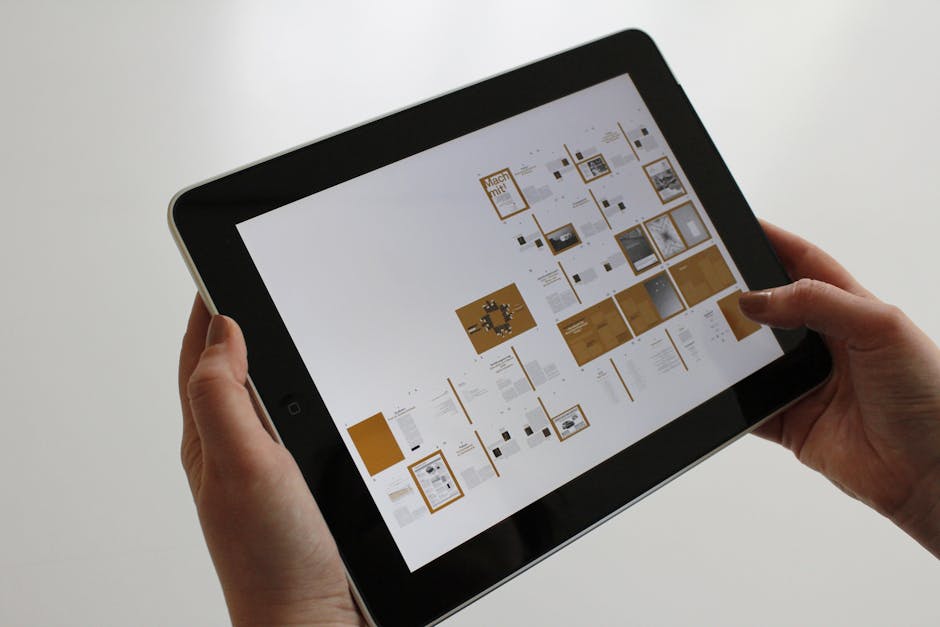Enhancing customer relationships through seamless user experiences.
The Role of User Experience in CRM Software Design
User experience (UX) plays a crucial role in the design of customer relationship management (CRM) software. CRM software is designed to help businesses manage their interactions and relationships with customers, and a well-designed UX can greatly enhance the effectiveness and efficiency of these interactions. In this article, we will explore the importance of UX in CRM software design and how it can contribute to the overall success of a CRM system.
The Importance of User Experience in CRM Software Design

The Role of User Experience in CRM Software Design
When it comes to designing CRM software, user experience plays a crucial role. In fact, it can make or break the success of a CRM system. User experience, often referred to as UX, encompasses the overall experience a user has while interacting with a software application. It includes everything from the visual design to the ease of use and functionality. In this article, we will explore the importance of user experience in CRM software design and how it can impact the effectiveness of a CRM system.
First and foremost, a positive user experience is essential for user adoption. If a CRM system is difficult to navigate or lacks intuitive features, users are less likely to embrace it. They may become frustrated and resistant to using the software, which can hinder the overall success of the CRM implementation. On the other hand, a well-designed CRM system that prioritizes user experience can encourage user adoption and increase productivity. When users find the software easy to use and enjoyable, they are more likely to fully utilize its features and benefits.
Furthermore, user experience directly impacts the efficiency of a CRM system. A poorly designed interface can lead to wasted time and effort. For example, if it takes multiple steps to perform a simple task or if important information is buried deep within the software, users will spend more time navigating the system instead of focusing on their core responsibilities. On the contrary, a user-friendly CRM system that streamlines processes and presents information in a clear and organized manner can significantly improve efficiency. Users can quickly access the information they need and perform tasks with ease, ultimately saving time and increasing productivity.
In addition to user adoption and efficiency, user experience also influences the accuracy of data input. A CRM system relies on accurate and up-to-date data to provide meaningful insights and drive informed decision-making. If users find it difficult or time-consuming to input data into the system, they may be more prone to errors or simply neglect to enter important information. This can lead to incomplete or inaccurate data, which undermines the effectiveness of the CRM system. On the other hand, a well-designed CRM system that simplifies data entry and provides clear guidelines can encourage users to input accurate and comprehensive data, ensuring the integrity of the system.
Lastly, user experience plays a crucial role in customer satisfaction. A CRM system is designed to enhance customer relationships and improve customer service. If the software is cumbersome or confusing to use, it can hinder the ability of customer-facing teams to provide exceptional service. On the contrary, a CRM system that prioritizes user experience can empower employees to better serve customers. With easy access to customer information and intuitive tools, employees can quickly respond to inquiries, personalize interactions, and ultimately deliver a superior customer experience.
In conclusion, user experience is of utmost importance in CRM software design. It impacts user adoption, efficiency, data accuracy, and customer satisfaction. A well-designed CRM system that prioritizes user experience can lead to increased productivity, improved data integrity, and enhanced customer relationships. Therefore, organizations should invest in designing CRM software that not only meets functional requirements but also provides a seamless and enjoyable user experience. By doing so, they can maximize the benefits of their CRM system and drive business success.
Q&A
Question: What is the role of user experience in CRM software design?
Answer: User experience plays a crucial role in CRM software design as it focuses on creating a positive and intuitive interaction between users and the software. It aims to enhance user satisfaction, efficiency, and productivity by considering user needs, preferences, and goals throughout the design process.In conclusion, user experience plays a crucial role in CRM software design. It directly impacts the effectiveness and efficiency of the software in meeting the needs and expectations of users. A well-designed user experience enhances user satisfaction, increases user adoption, and ultimately improves the overall success of CRM implementations. Therefore, it is essential for CRM software designers to prioritize user experience and incorporate user-centered design principles to create intuitive, user-friendly, and engaging CRM software interfaces.
